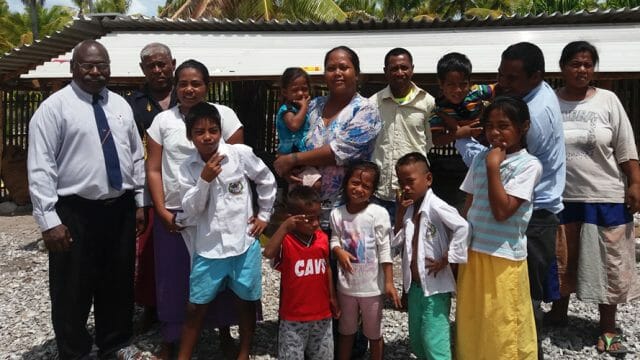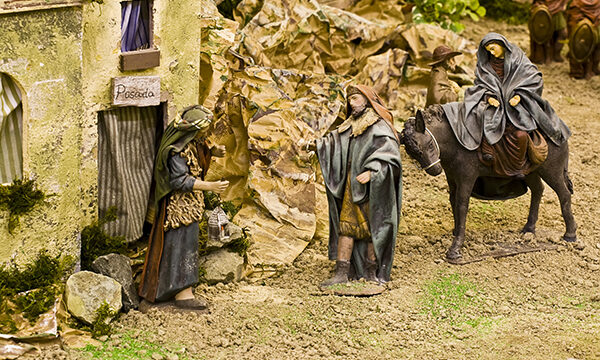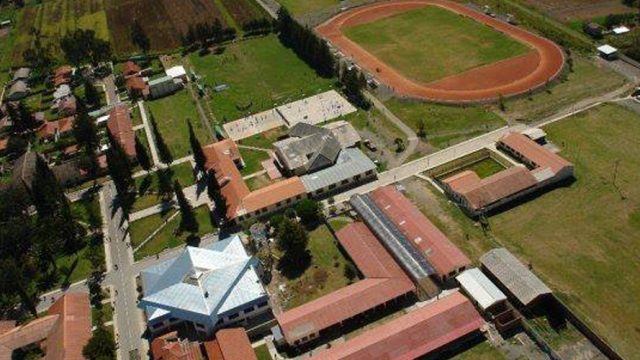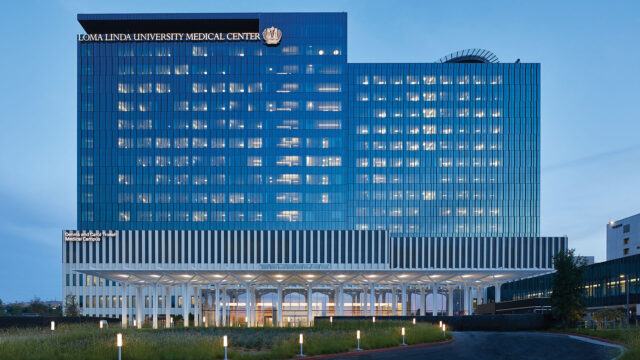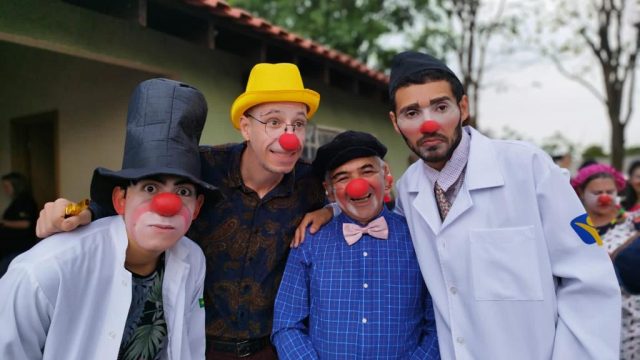Union College team helps U.S. town recover after extensive windstorm damage.
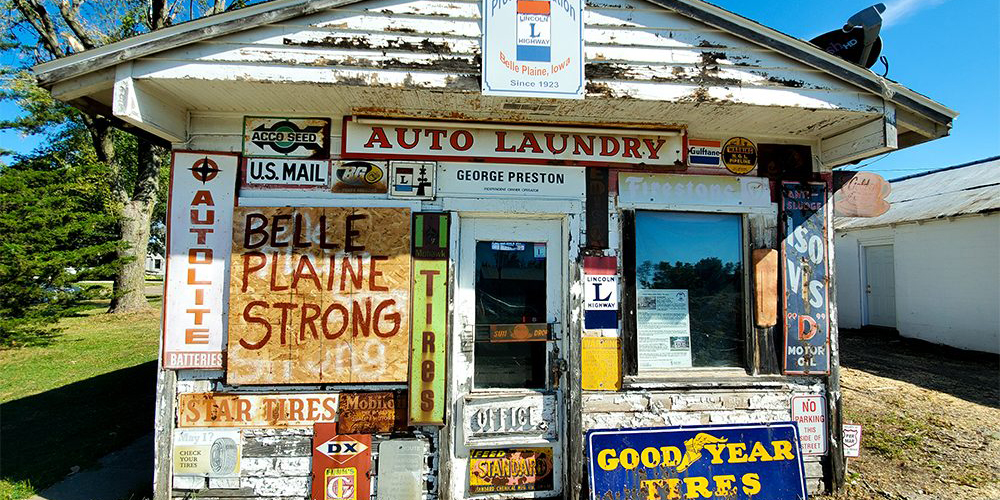
A team of Union College international rescue and relief students and faculty spent a week in mid-August, shortly after school started, helping residents of Belle Plaine, Iowa, United States, after an unusual windstorm caused extensive damage in the small eastern Iowa town.
The derecho, as a strong straight-line storm is known, started in Nebraska and packed 100 mph (160 kph) winds as it swept across Iowa and impacted several other states in early August.
The wind left the little town of Belle Plaine, located roughly halfway between Marshalltown and Cedar Rapids, with extensive damage and no electric power. The mayor declared a state of emergency and, over the weekend, asked Union College’s International Rescue and Relief (IRR) program to help with the cleanup through a connection with Gideon Rescue, a relief organization started by Union IRR graduate Brock Mayer. The two teams worked alongside each other throughout the week.
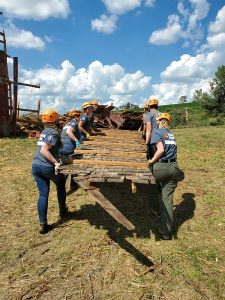
The 23 students, two faculty, and one graduate helped residents reclaim their devastated town — part of a much larger cleanup effort across eastern Iowa from a storm that state and local officials say is the worst in the area’s history.
“This is a disaster that we have never seen before. It is something that was essentially like a hurricane coming through the Midwest without advance notice,” said U.S. Rep. Abby Finkenauer, the member of Congress who represents the Cedar Rapids area, as reported by USA Today.
The team took extra precautions to protect against COVID-19 transmission. According to IRR program director Kalie Saunders, IRR students already undergo extensive safety training to work in emergencies and used the appropriate protective equipment and practices to protect themselves throughout the trip. Additionally, each student received a COVID-19 test upon returning to campus to ensure they did not contract the virus on their trip.
Union’s IRR program is a unique bachelor’s degree designed to prepare students for careers in public safety, emergency management, and community development. In addition to earning an emergency medical technician and several FEMA certifications, students spend five weeks in the state of Colorado training in wilderness survival and rescue, and a whole semester in a developing nation studying global medicine and running health clinics in underserved areas.
The program regularly responds to disasters in the United States and around the world — including the 2019 Nebraska flooding, Hurricane Harvey in Texas, Typhoon Adai in Malawi, and many more.
Saunders shared encounters and exchanges the groups experienced while helping some of the residents in need.
Just Wanting to Help
“Mr. Charles, a farmer in his eighties, lost four of his five outbuildings due to the winds. Upon our arrival, Mr. Charles was unsure of our motives. As we worked, he kept asking us how much we would charge him. Price gouging is a common occurrence after disasters. Some residents of Belle Plaine told us they were quoted upwards of US$20,000 to have their trees removed, so we understand why Mr. Charles was skeptical.
“After lots of reassurance, hard work, swapping stories, and sharing our work snacks with him, he understood we just wanted to help. We could tell he was re-energized by our fast and hard-working group of responders, and soon he was out working alongside us, and we were clearing debris together.
“Ryan Haakenson, IRR senior and fellow Iowan, asked Mr. Charles how he was feeling at the end of our workday. Mr. Charles replied by expressing his relief and saying, ‘I’ve lived here my whole life, and it’s finally starting to feel like home again.’”
God Answered Before We Prayed
“Partway through the week, we met two guys and a crane truck who were the answer to the prayer we didn’t know we needed to pray.
“Mr. Miller had quite a rough time. During the storm, a tree had fallen on his house that punctured his roof and ceiling. He went out after the storm and started to remove the tree himself, slipped, and fell 15 feet, breaking his back in several places.
“He returned home after his hospitalization discouraged because the tree remained lodged in his roof. After everything he endured during the storm, he was now unable to physically remove the tree himself.
“When we met Mr. Miller, we knew we would do everything possible to help him. We could get rid of the branch piercing his roof and do our best to patch the hole, but we didn’t have the equipment to remove the tree.
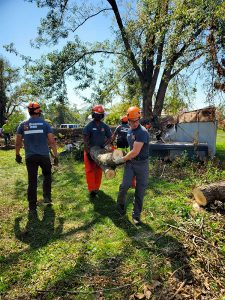
“While the Gideon/IRR team was working in Mr. Miller’s front yard, Mike walked up. He had been contracted to come and remove a tree from a house down the street with his crane truck, and he came to see what we were working on. We told Mike who we were, what we were doing in Iowa, and about Mr. Miller and his unfortunate turn of events.
“Mike immediately wanted to help! He used his crane to remove the tree and spent the rest of the week with us as a volunteer. His truck enabled us to help many more people because he could remove large trees from homes so we could cut and clear them.
“We didn’t think to pray for a crane, but God sent one anyway. God had already provided us with the opportunity to do big things for Him, and they got even bigger.”
The original version of this story was posted on the Mid-America Union Outlook.


